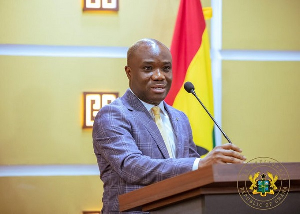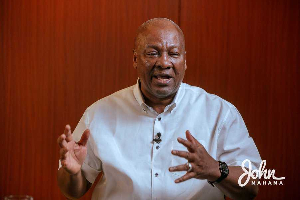Koforidua, May 27, GNA - The National Executive Council (NEC) of the Judicial Staff Association of Ghana (JUSAG) has called on the Chief Justice to give priority to members of JUSAG in terms of enrolment into the law school for the career magistrate programme.
The NEC was of the view that due to acquaintance of JUSAG members with the judicial service and legal practices at the courts, it would be easier and less stressful to train them than people who have no knowledge of the judicial system to become career magistrates.
The call was made at the formal opening of a 2-day capacity building workshop on the National Health Insurance Scheme (NHIS) for national executive members of JUSAG on Thursday at Koforidua. The workshop was organised by the Judicial Service in collaboration with Partnership for Health Reform Plus(PHR-plus), a USAID sponsored project that offers technical assistance to Health Insurance Scheme (HIS).
The workshop was aimed at giving the JUSAG an insight into the management of HIS to enable the Association take a decision as to whether to opt for a private mutual health insurance organisation or join the district wide health insurance schemes.
The Eastern Regional Supervising High Court Judge, Justice Francis Kobieh, who addressed the workshop, called on JUSAG to consider a regular training of it's members to enhance their performance in the delivery of justice in the society.
He noted that, justice was an important ingredient of democracy and all stakeholders need some training through workshops and seminars to advance the cause of the judicial service.
Justice Kobieh reminded members of JUSAG that the call for their in-service training was not for their promotion but for the efficiency and professionalism in their work to help improve the delivery of justice in the country.
The Eastern regional vice-chairman of JUSAG Mr Iddris Rockson said JUSAG had a scheme that assists it's members to further their education and occasional in-service training to ensure that members were not limited to their area of work but to get them improve upon their understanding of the work they do.
He asked the members of JUSAG to be disciplined in all dealings considering the sensitive nature of their work and cited the instance of a court interpreter who was standing trial for accepting bribe and advised them to be transparent in their work.
A 15-member executive council was later sworn-in with Mr Basulu Issaka as the National President to steer the affairs of JUSAG for a four year term.
Regional News of Thursday, 27 May 2004
Source: GNA
















